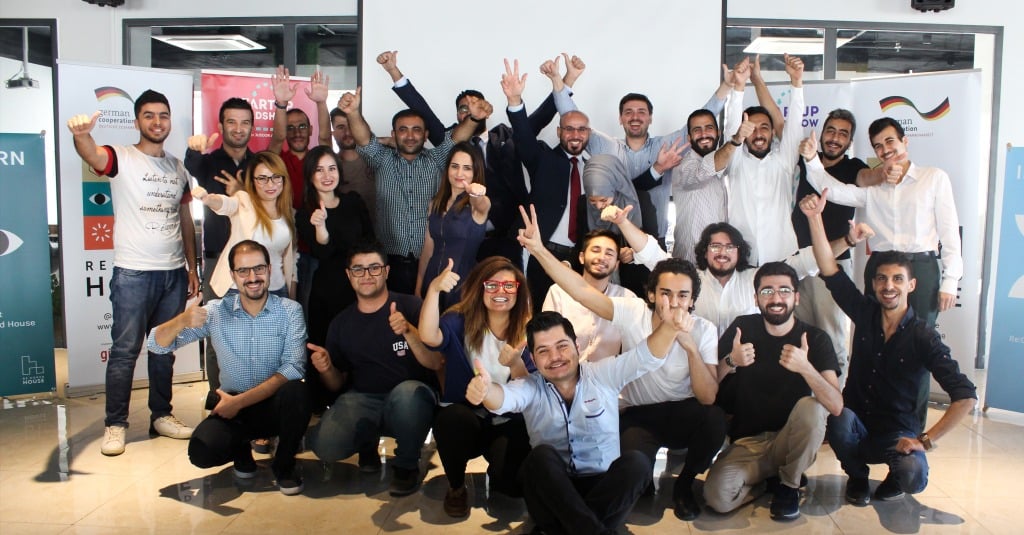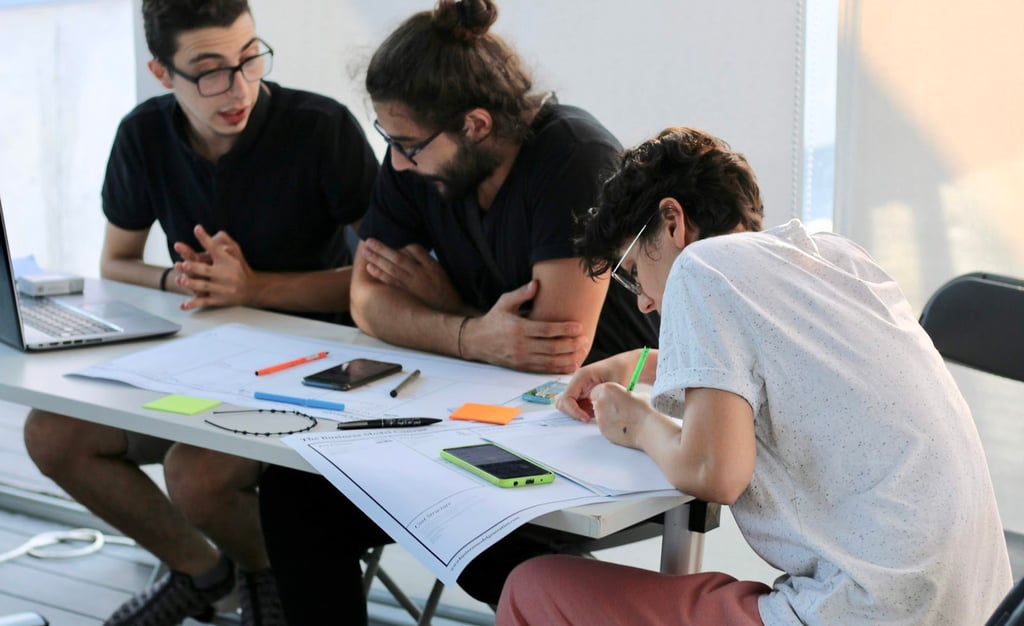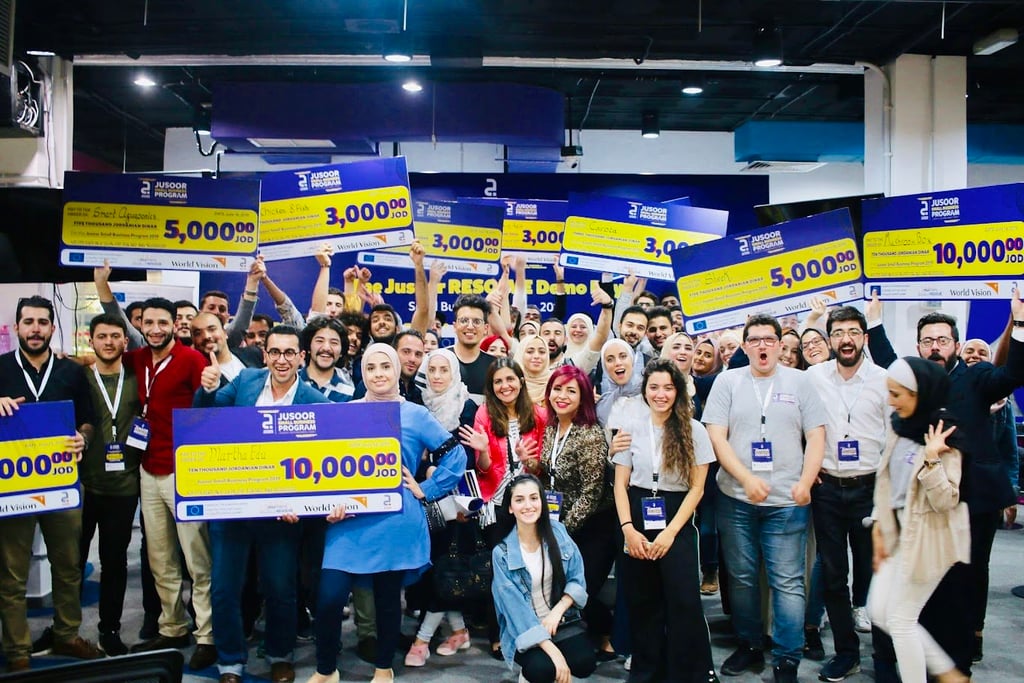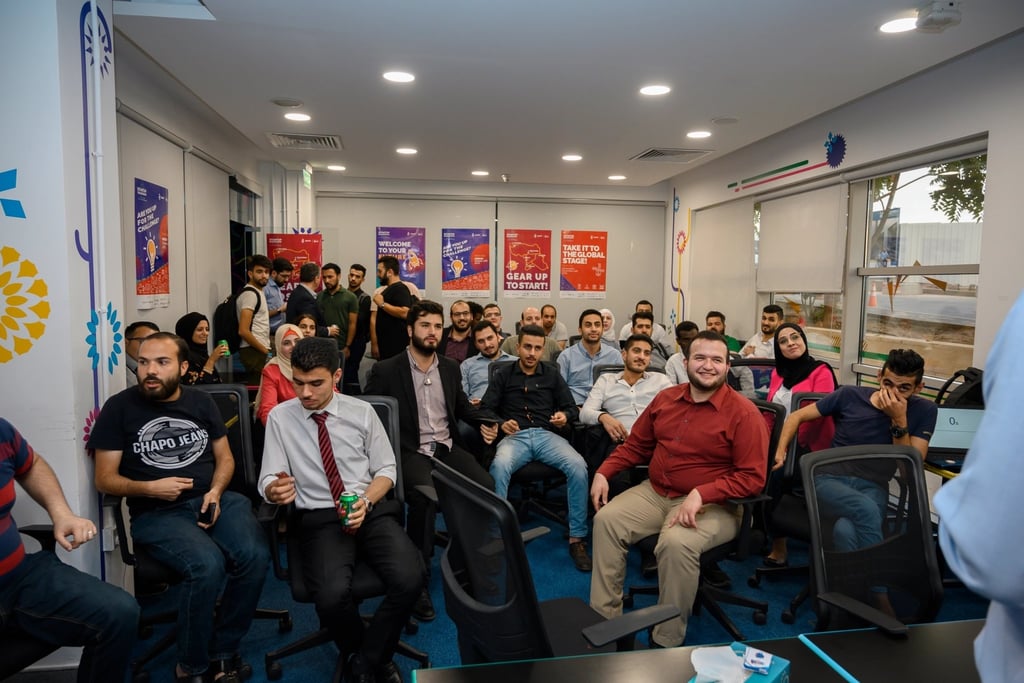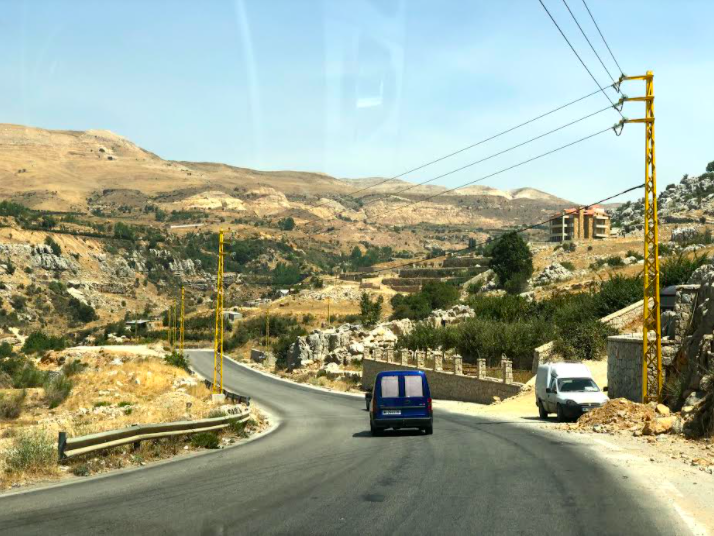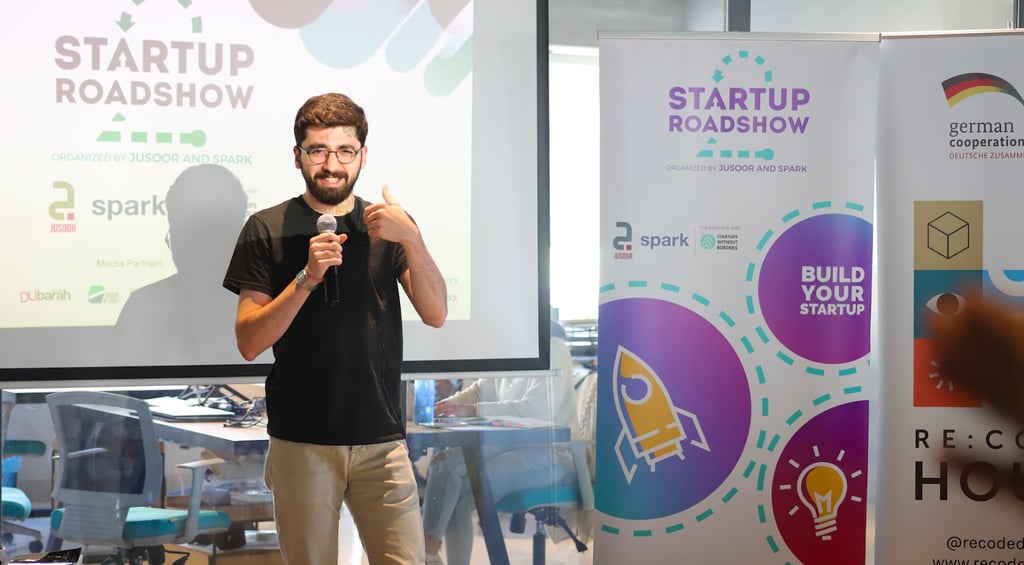This Interview was published by my friend Hani from startMENAup. I’m sharing it on my blog with his permission.
There are some people you talk with that have such palpable energy and passion for a subject that, by the end of the conversation, you yourself are a total convert to their cause. Doing interviews virtually makes it all the more impressive that I could feel Anas’ excitement for his work with refugee founders, and his love for the Middle East, practically from his first word through our Zoom call.
Born and raised in Iraq, Anas has spent the better part of the past 13 years living, studying, and working in Jordan, with excursions to countries across Europe and the Middle East sprinkled in between. The word “balance” came up a few times when describing his personal journey – finding a nice balance between the Middle East and the West, his search for a job with the right balance between technology and business. I got the sense that he’s found that balance in his current position as Jusoor’s MENA Region Entrepreneurship Manager, based in Jordan.
If “balance” sets the scene for Anas, then “need” explains his passion. Over the course of our conversation, he put forth a very different perspective on what “need” means for refugees. Beyond tangible items like food, shelter, and clothing, Anas described to me how the refugees he works with need to create, need to build. “Necessity is the mother of all invention,” so the saying goes, and I can tell you that the current and future “inventions” of these refugee founders get Anas really fired up.
Can you start by introducing yourself and your personal and professional journey up to this point?
My name is Anas. I’m originally from Iraq, but I left my home country 13 years ago. Since then, I’ve lived, worked, and studied in almost a dozen countries. Today, I find myself in Jordan, which is a great sweet spot between the quality of life that I found in the West, while living in the heart of the region I love – the Middle East.
I started my work in technology at 14 when I made my first app. After working on a few projects early in my career, I realized that I didn’t want to be a programmer for the rest of my life, but I also didn’t want to be a businessman out of touch with technology. Similar to how I just described life in Jordan, Entrepreneurship is my professional sweet spot between these two types of roles.
My work with Techstars and, most recently, Jusoor, where I’ve managed a series of different programs, from supporting small businesses to region-wide training, competitions, and our newest project which includes a tech accelerator, gave me the opportunity to have one foot in each world. For the past two years, I’ve been helping to create and launch businesses in the Middle East.
Can you explain Jusoor’s background and evolution?
Jusoor is an entrepreneurship NGO founded by private sector Syrians and Syrian-Americans working mostly in the U.S. and the Gulf. Before the war in Syria, they planned for Jusoor to build bridges (jusoor means “bridges” in Arabic) between academics, researchers, and investors in the U.S. and Syria.
Things evolved over the past decade, and in 2015, we launched our entrepreneurship program with a new set of goals:
to help the Syrian refugees in the Middle East and Europe integrate into host communities, not as refugees but as economic contributors
to prepare the next generation of Syrian business and thought leaders, who could potentially rebuild Syria in the future
These goals drew interest from successful Arabs living abroad – people like me, who had the opportunity to leave our homelands and never look back, but who chose to turn around and “walk the walk.”
So how does this play out in terms of the programs you manage for entrepreneurs?
Currently, we have two main programs – one for small businesses and one for startups. We actually started with just the startup program, mostly because the founders of Jusoor and I had previous startup experience, but we noticed that more than 75% of the refugees that came to use for support, were really running small businesses rather than tech startups.
Given the various regions and types of businesses that you’re working with, how do you go about training potential entrepreneurs?
We do our best to give participants a monthlong “A to Z” overview of starting a business, where most of the trainers have entrepreneurship experience and experience working with the World Bank. This means that the trainers have the macroeconomics “know-how” and micro-level knowledge of running a business. We want to give that double perspective to our founders as well. Entrepreneurs in the Middle East always need to keep an eye on the macro environment. You never know when one country is going to go through a coup or an invasion, etc. Founders have to be extra vigilant and extra ready to pivot at a moment’s notice. We’ve invested heavily in our curriculum (in-person and online), our programs, our handbooks, etc. to the point where we’ve basically compiled the “Bible” for starting a business in the Middle East.
That kind of end result requires market research. We interview around 100 founders every year, trying to figure out what they need to succeed. Change happens so rapidly, that we constantly have to adapt to new situations, whether it’s legal restrictions for refugee founders or some unforeseen geopolitical unrest – it’s always a surprise.
On that point, localizing our programs is essential. When I first joined in 2018, I thought that we’d only have to localize by country, but that was a very naive thought from young Anas. In reality, we had to localize by city, or at least by region. The Palestinian entrepreneurs, for example, in Amman, have different challenges than those in Mafraq.

